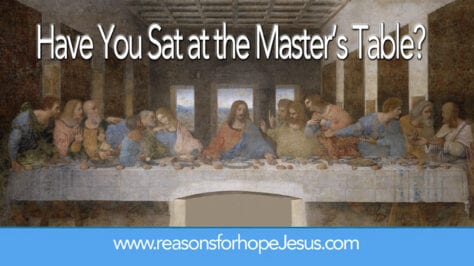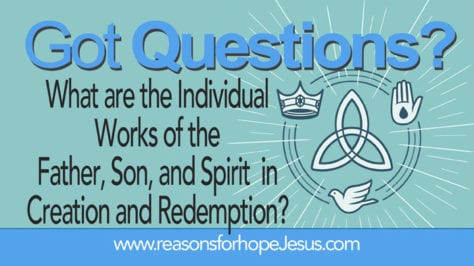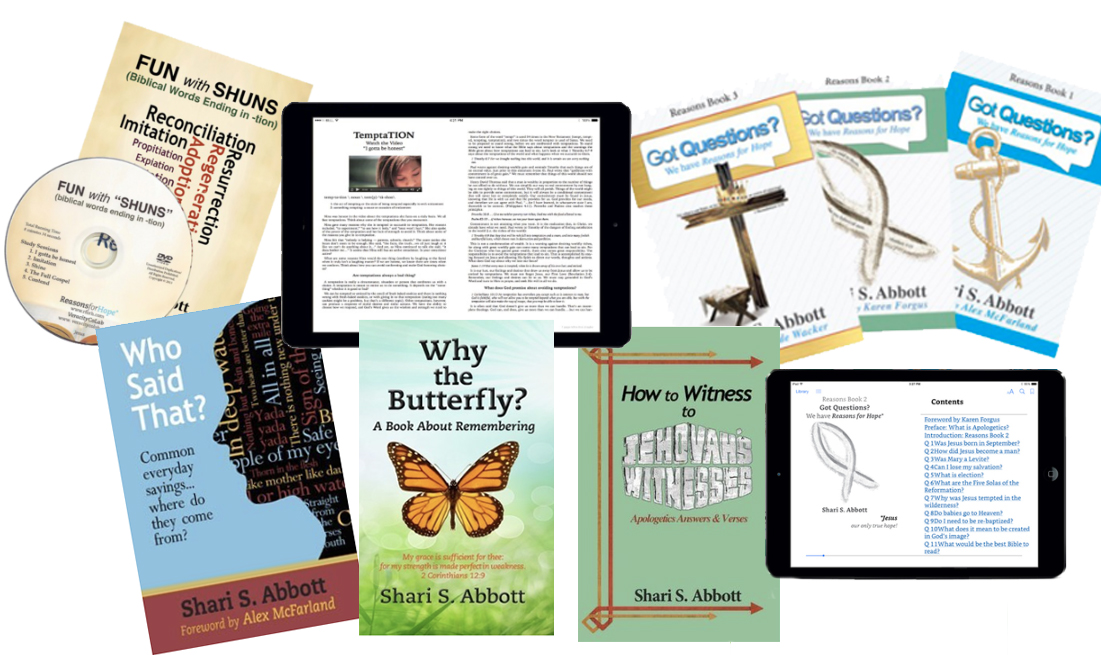by Cindy Barry, Sept 14, 2019
Our text is 1 Corinthians 13:1-13, and our topic is love. In this passage, Paul is exhorting the brethren (Christians) to love one another.
1 Corinthians 13:1-13
Though I speak with the tongues of men and of angels, and have not charity, I am become as sounding brass, or a tinkling cymbal. {2} And though I have the gift of prophecy, and understand all mysteries, and all knowledge; and though I have all faith, so that I could remove mountains, and have not charity, I am nothing. {3} And though I bestow all my goods to feed the poor, and though I give my body to be burned, and have not charity, it profiteth me nothing. {4} Charity suffereth long, and is kind, charity envieth not, charity vaunteth not itself, is not puffed up, {5} doth not behave itself unseemly, seeketh not her own, is not easily provoked, thinketh no evil; {6} Rejoiceth not in iniquity, but rejoiceth in the truth; {7} Beareth all things, believeth all things, hopeth all things, endureth all things.
{8} Charity never faileth: but whether there be prophecies, they shall fail; whether there be tongues, they shall cease; whether there be knowledge, it shall vanish away. {9} For we know in part, and we prophesy in part. {10} But when that which is perfect is come, then that which is in part shall be done away. {11} When I was a child, I spake as a child, I understood as a child, I thought as a child: but when I became a man, I put away childish things. {12} For now we see through a glass, darkly; but then face to face: now I know in part; but then shall I know even as also I am known. {13} And now abideth faith, hope, charity, these three; but the greatest of these is charity.
Charity = Love
If you are using a King James Version of the Bible ( above), understand that the word charity is translated from the Greek word “agape,” which also means “love.” We now think of charity as simply benevolent works, but in 1611, when the KJV was published, the word “charity” meant sacrificial love.
We can infer from verse 1 that love is a language that is universally understood — and we are all in love with the idea of love. What’s not to like? But do we know who love is? God is love.
1 John 4:8 He that loveth not knoweth not God; for God is love.
1 John 4:16 And we have known and believed the love that God hath to us. God is love; and he that dwelleth in love dwelleth in God, and God in him.
Strong’s Bible Dictionary defines God in this verse as a supreme divinity, a Godhead trinity. The LOVE pointed to in this chapter is a person, God himself. It is Jesus Christ who is God.
John 10:30 I and my Father are one.
The first few verses tell us that love is held above all, even above faith, as more excellent and greatest (1 Cor 12:31, 1 Cor 13:13). How can love be above faith? The love of Christ, who is God, is our firm foundation, our rock, our cornerstone, the basis for our faith and hope. Jesus must be our only God (John 14:6) so that we know love. Otherwise, as the verses say, we have become as sounding brass or a tinkling cymbal (1 Cor 13:1). All the spiritual gifts will go away or fail, but not love. The love of Christ will never fail us or leave us (1 Cor 13:8).
Love = Jesus
In the 1 Corinthians 13 passage, we could substitute “Jesus” every time we read the word “love.”
1 Corinthians 13:1-13
Though I speak with the tongues of men and of angels, and have not [Jesus], I am become as sounding brass, or a tinkling cymbal. {2} And though I have the gift of prophecy, and understand all mysteries, and all knowledge; and though I have all faith, so that I could remove mountains, and have not [Jesus], I am nothing. {3} And though I bestow all my goods to feed the poor, and though I give my body to be burned, and have not [Jesus], it profiteth me nothing. {4} [Jesus] suffereth long, and is kind, [Jesus] envieth not, [Jesus] vaunteth not Himself, is not puffed up, {5} doth not behave itself unseemly, seeketh not her own, is not easily provoked, thinketh no evil; {6} Rejoiceth not in iniquity, but rejoiceth in the truth; {7} Beareth all things, believeth all things, hopeth all things, endureth all things.
{8} [Jesus] never faileth: but whether there be prophecies, they shall fail; whether there be tongues, they shall cease; whether there be knowledge, it shall vanish away. {9} For we know in part, and we prophesy in part. {10} But when that which is perfect is come, then that which is in part shall be done away. {11} When I was a child, I spake as a child, I understood as a child, I thought as a child: but when I became a man, I put away childish things. {12} For now we see through a glass, darkly; but then face to face: now I know in part; but then shall I know even as also I am known. {13} And now abideth faith, hope, [Jesus], these three; but the greatest of these is [Jesus].
Two-way Love
The verses of Mark 12:30-31 correlate with 1 Cor 13 and tell us that the love we have freely received, we are to freely give:
Mark 12:30 And thou shalt love the Lord thy God with all thy heart, and with all thy soul, and with all thy mind, and with all thy strength: this is the first commandment.
Mark 12:31 And the second is like, namely this, Thou shalt love thy neighbour as thyself. There is none other commandment greater than these.
1 Cor 13:13 And now abideth faith, hope, charity [love], these three; but the greatest of these is charity [love].






















